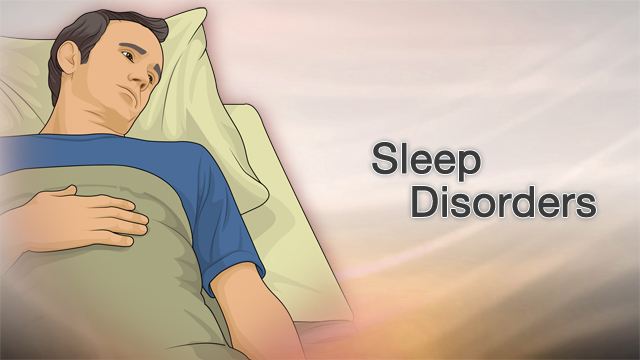We all need sound sleep for optimum emotional and physical wellness, yet sometimes our bodies don’t work. About 50-70 million men and women have problems with one or more sleep disorders which impair their operating, feeling and total quality of life. Sleep disorders might be gentle or significant, and the good news is that many might be controlled with prompt medical diagnosis and therapy. In this post, we are going to investigate the most frequent varieties of sleep disorders, their signs and symptoms, and how you can tackle them successfully.
1. Sleeplessness
Here is the mostly skilled Exploding Head Syndrome, seen as a difficulty dropping or staying asleep. Sleep problems signs or symptoms can continue for days or a few months and might involve day time tiredness, irritation, and difficulty concentrating. Insomnia might be caused by tension, nervousness, move function, prescription drugs, or root health issues. Behavioral alterations, such as setting up an ordinary sleep program, steering clear of caffeine and alcohol, and comforting before going to bed, may help control sleep problems. Drugs, like sedatives and hypnotics, can be approved to promote sleep.
2. Sleep Apnea
Sleep apnea is a disorder that disrupts inhaling during sleep as a result of narrowed or blocked breathing passages. The most common sort is obstructive sleep apnea, plus it impacts about 25Per cent of men and women. Signs of sleep apnea incorporate high in volume loud snoring, gasping, and choking seems while slumbering, day time sleepiness, mood swings, and decreased sexual interest. Risks for sleep apnea involve being overweight, high blood pressure, nose congestion, and smoking cigarettes. Treatment methods for sleep apnea involve fat loss, employing a constant good air passage stress (CPAP) equipment, change in lifestyle, and often surgical treatment.
3. Narcolepsy
Narcolepsy is actually a unusual nerve disorder that triggers excessive daytime sleepiness, unexpected episodes of drifting off to sleep, and loss in muscles control. Indications of narcolepsy may start in childhood or teenage years, and may result in social and occupational impairments if without treatment. The precise source of narcolepsy is unfamiliar, but it is thought to be connected with abnormalities in hypothalamus neurons that manage sleep and wakefulness. Treatment solutions for narcolepsy consist of medications, such as stimulant drugs and antidepressants, and change in lifestyle to further improve sleep cleanliness and set off avoidance.
4. Stressed Lower body Syndrome
Restless Lower body Syndrome (RLS) is a kind of neurologic disorder that triggers an encourage to maneuver one’s hip and legs to ease unpleasant feelings such as cramping pains, prickling, and irritation. This issue can affect sleep quality, leading to insomnia and daytime fatigue. The exact reason for RLS is unclear, but it may be linked to steel shortage, neurological injury, or a number of drugs. No-pharmacologic treatment options, including lower-leg massages, hot baths, and physical exercise, might help relieve RLS signs or symptoms. Drugs, like dopamine agonists and opioids, can be approved to manage average to significant RLS symptoms.
5. Change Work Sleep Problem
Shift Job Sleep Disorder (SWSD) is a type of sleep problem that affects those who work no-traditional several hours, like night time shifts, turning shifts, or prolonged changes. SWSD can affect the body’s natural sleep-wake routine, causing sleeping disorders, exhaustion, and reduced performance. SWSD may also greatly increase the risk for mishaps, errors, and health issues for example excessive weight, all forms of diabetes, and heart problems. Behavior treatments, such as employing a consistent sleep routine, steering clear of caffeine and stimulants, and making an optimal sleep atmosphere, will help manage SWSD. Prescription drugs, for example melatonin preparations and wake-marketing brokers, may also be used to manage sleep designs.
Simply speaking:
Sleep is crucial for the emotional and physical wellness, as well as disorders to the sleep could have significant effects on our health and pleasure. Sleep disorders are a common type of sleep disorders, and frequently go undiagnosed and without treatment. Symptoms of sleep disorders can range from moderate to extreme, and very early recognition and correct treatments can lead to better wellness benefits. It is very important to acknowledge the symptoms of sleep disorders and seek the help of a healthcare professional to handle them properly. By comprehending the different kinds of sleep disorders and their signs and symptoms, we can easily make a plan towards an improved quality of life and restful sleep.
